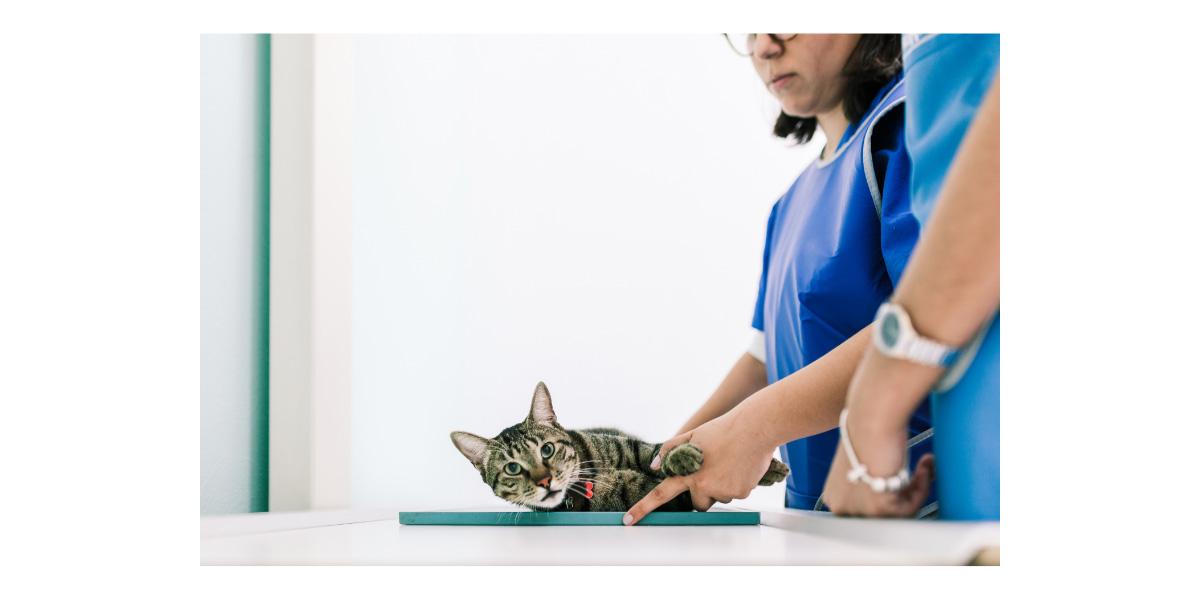
SAVE AN EXTRA $5 - $20 OFFUse code PETS in cart (Exclusions apply)

Save 40% with first AutoShipUse code NEW40 (Up to $40 max. Exclusions apply)

While efforts are made to answer all questions as quickly as possible, if an immediate answer is required or if your pet is in need of urgent or emergency care, contact your pet's veterinarian immediately.

You will receive an answer from Dr. Lindsay and our vet/tech team as soon as possible, usually the same day.
All answers are provided for informational or educational purposes only, and are intended to be a supplement to, and not a substitute for, the expertise and professional judgment of your pet's veterinarian.
It may be necessary to consult your pet's veterinarian regarding the applicability of any opinions or recommendations with respect to your pet's symptoms or medical condition.
Close
An error has occurred, please reload the page and try again.
Close
While efforts are made to answer all questions as quickly as possible, if an immediate answer is required or if your pet is in need of urgent or emergency care, contact your pet's veterinarian immediately.
There is no answer related to your question

With February being National Cat Health Month, this is an excellent time to ensure that our feline companions are healthy and well. In addition to annual wellness examinations and vaccination updates, it is important to have cats evaluated for chronic disease at least once yearly.
As I have explained to clients over three decades of clinical veterinary practice, cats mask disease symptoms and pathology quite well. Very often cats do not present to the veterinary clinic until their diseases are advanced. Cat guardians should not ignore subtle signs that can point to an underlying health issue.
When it comes time to getting our feline companions to the veterinary office there are many possible tips to facilitate the process.
Cats often do not do well with changes in routine or environment, so I often recommend getting out a secure cat carrier several days to weeks before the scheduled veterinary exam. Many curious cats will explore an open cat carrier, which will cut down on the stress of getting them into the carrier on the day of the veterinary appointment.
For cats that have difficult traveling, some feline guardians will take their cats for short car rides in a secure carrier before the scheduled appointment so that they feel more comfortable on the day of the veterinary exam and visit.
For overly stressed or anxious felines, some of my clients have found the Bach Flower Formula Rescue Remedy helpful in easing emotional distress and anxiety ahead of and during travel to the veterinary office.
There are newer and mild prescription sedative medications such as Gabapentin that veterinarians often prescribe just ahead of the appointment to those fractious or anxious cats.
With careful thought and preparation, it is possible to ensure that veterinary exams and evaluations can go quite smoothly.
VISION
Every pet deserves to live a long, happy, healthy life.
 Swipe
Swipe